Cosmic radiation degrades medications like ibuprofen, highlighting the need for new “space” medicines with modified formulations.
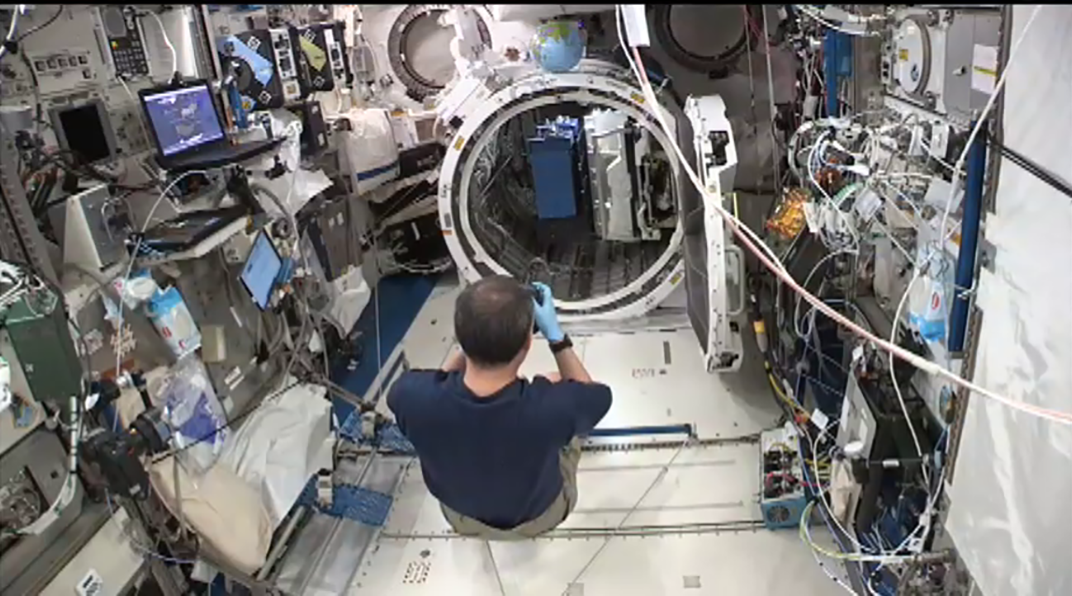

Cosmic radiation degrades medications like ibuprofen, highlighting the need for new “space” medicines with modified formulations.
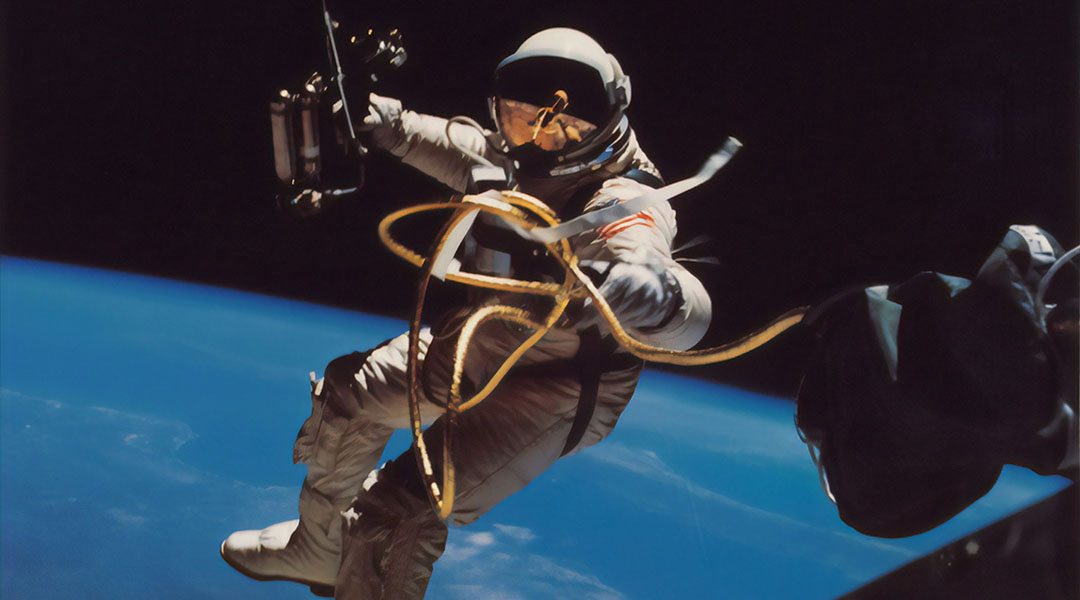
Scientists are exploring how to store and transport ready-to-use bioink cartridges to treat injuries on the International Space Station.
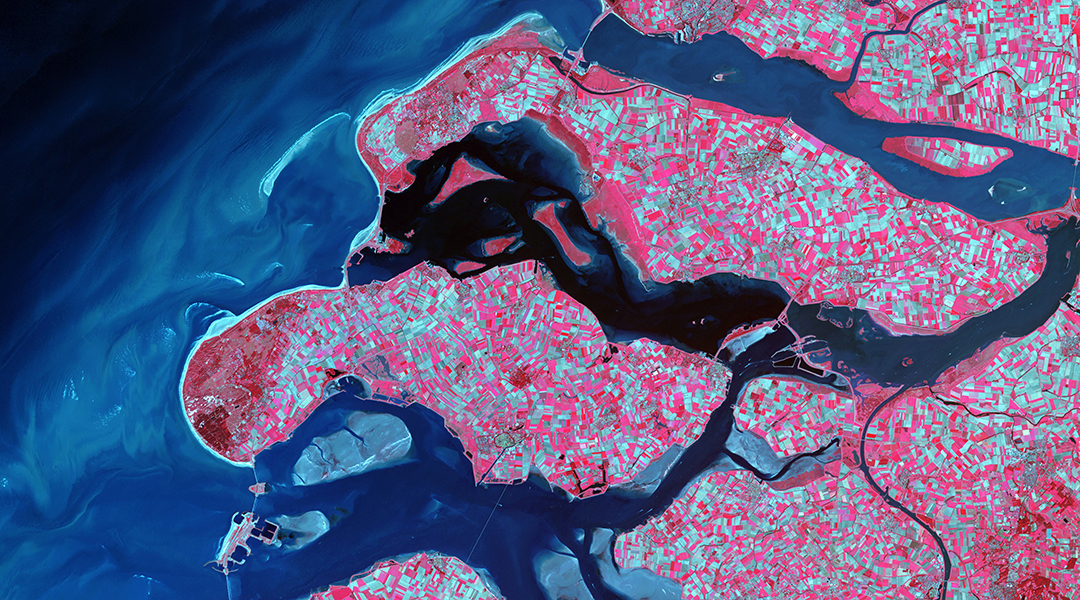
Greenhouse gas emissions are warming up the planet and scientists are turning their eyes to the sky to better track them down.
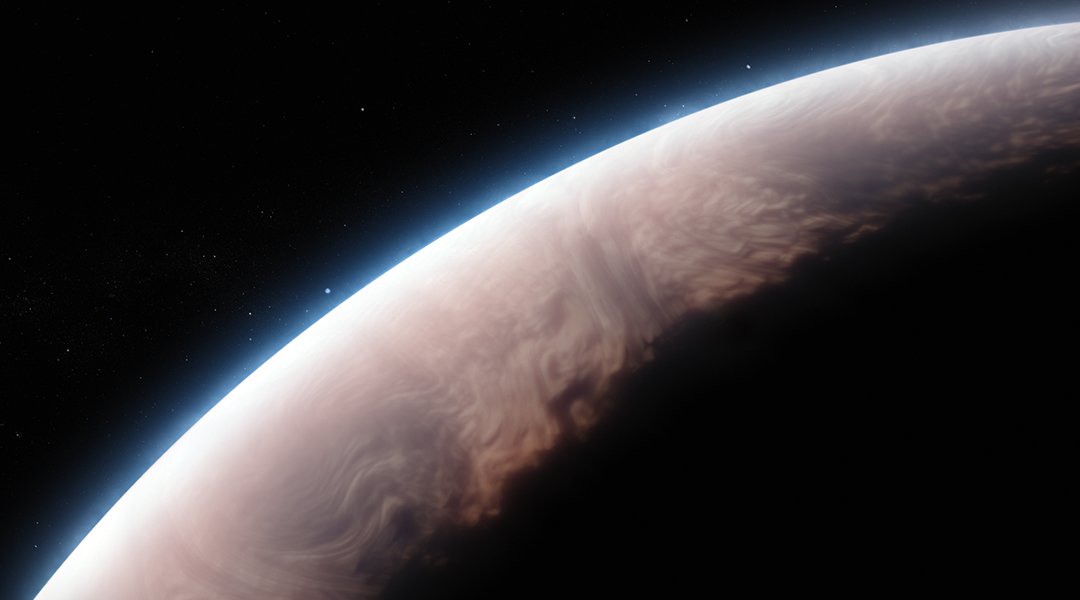
New discovery once again shows how strange planets outside the Solar System can get, and astronomers are thrilled.
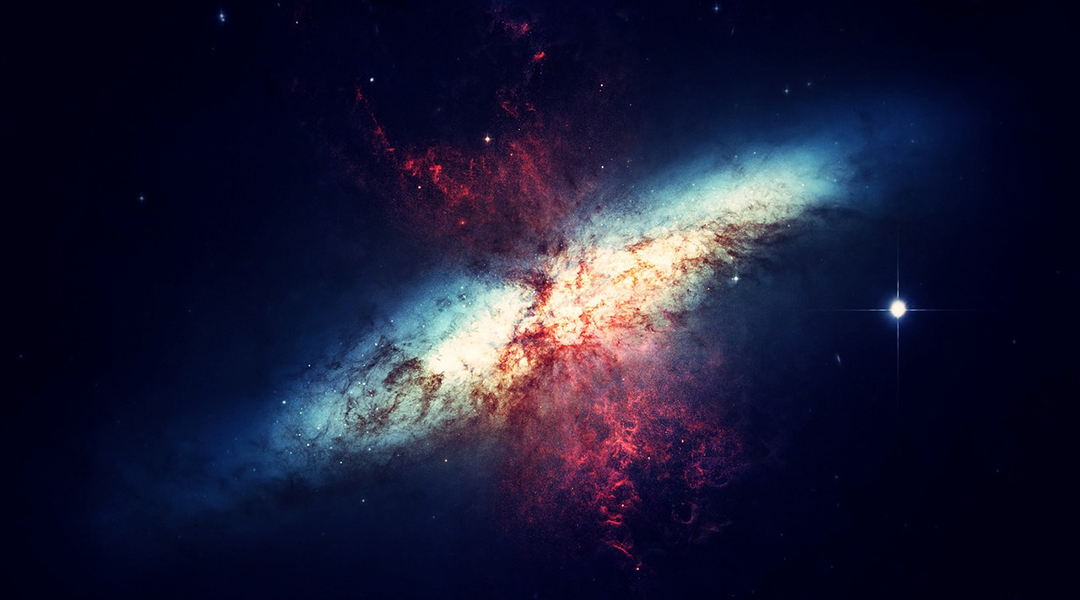
Previously unobserved frequency changes in radio signals detected in a black hole binary system could change our understanding of black hole physics.
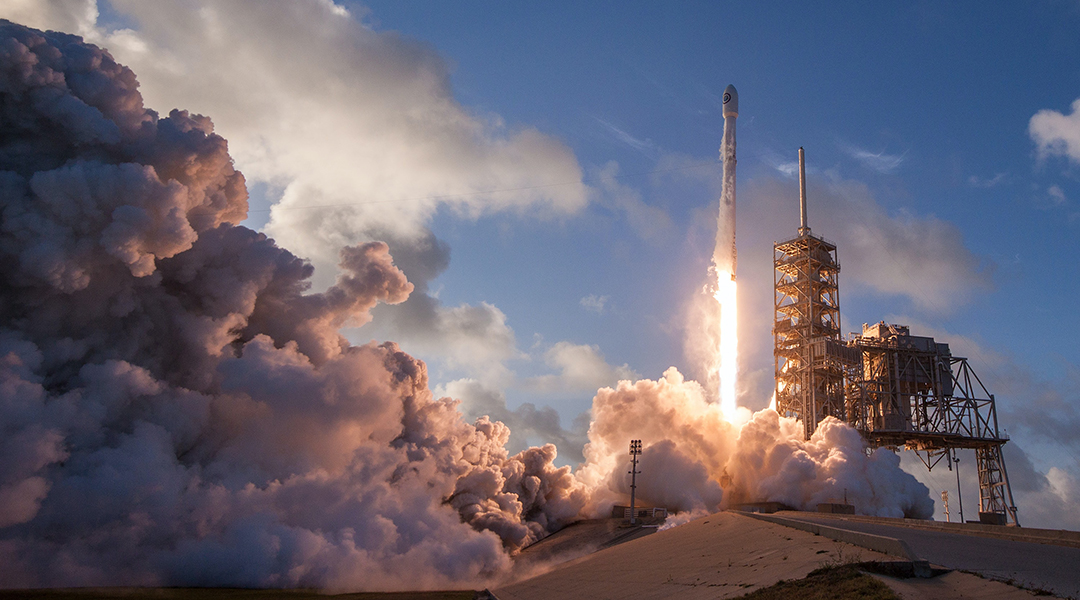
Nine different ways of using technologies based on microbes that can make space research more circular and generally more sustainable.
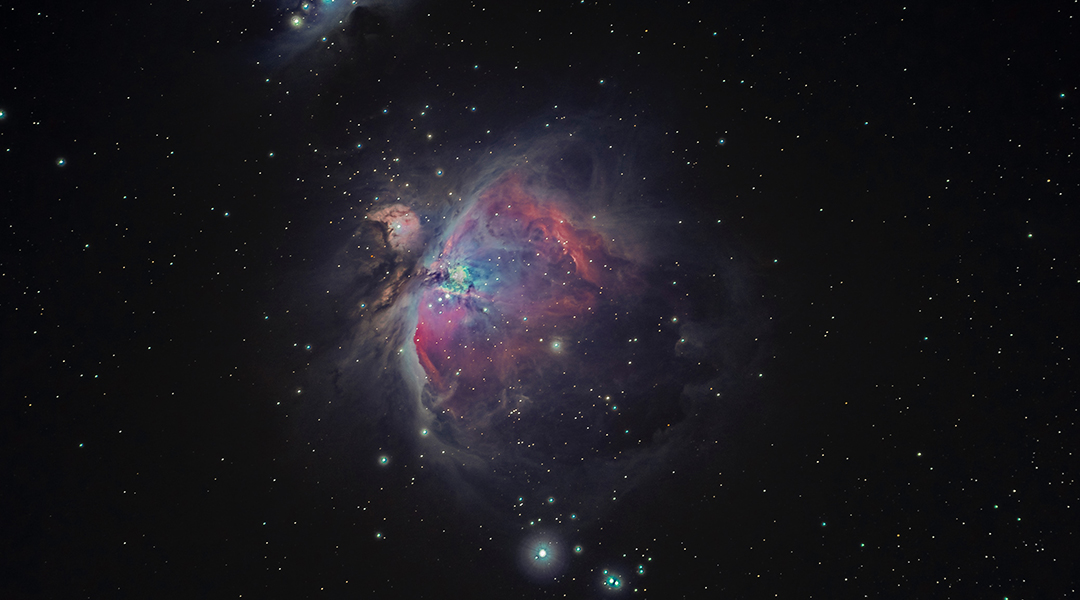
The powerful capabilities of the JWST allowed scientists to penetrate dust and gas clouds to capture crucial data on new star formation.
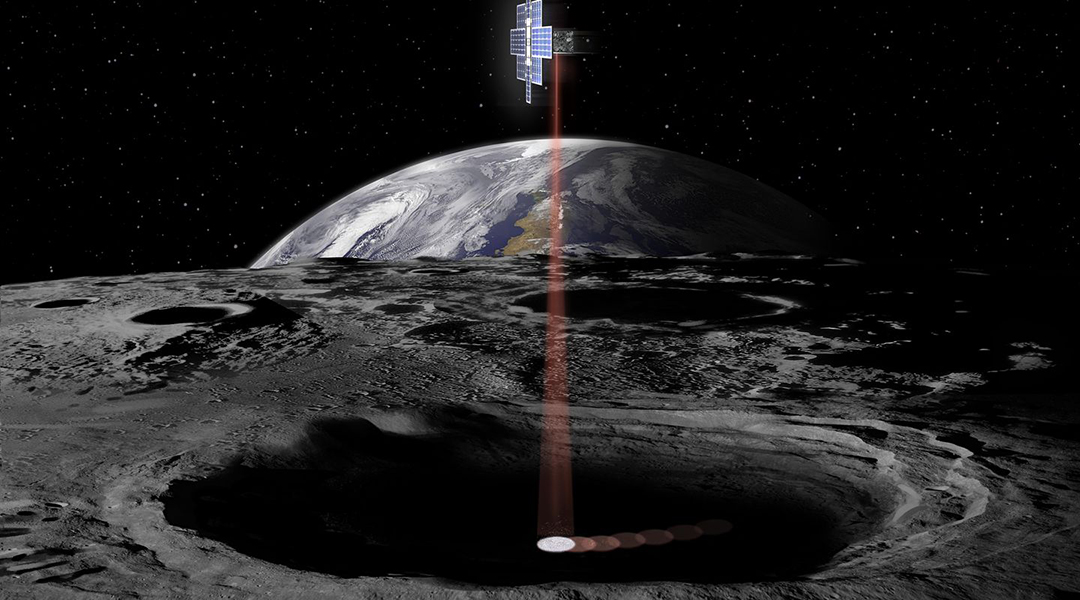
Three of the briefcase-size satellite’s thrusters are underperforming, jeopardizing its journey to the Moon.
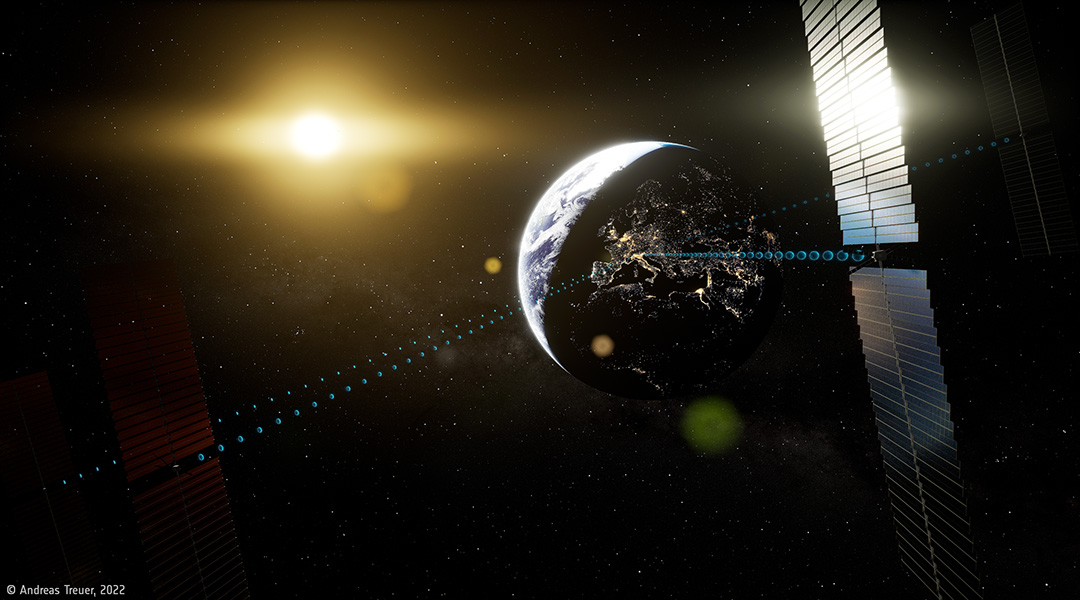
With climate change, the weaponization of energy, lower satellite launch costs, incentives to harness space-based solar power are on the horizon.
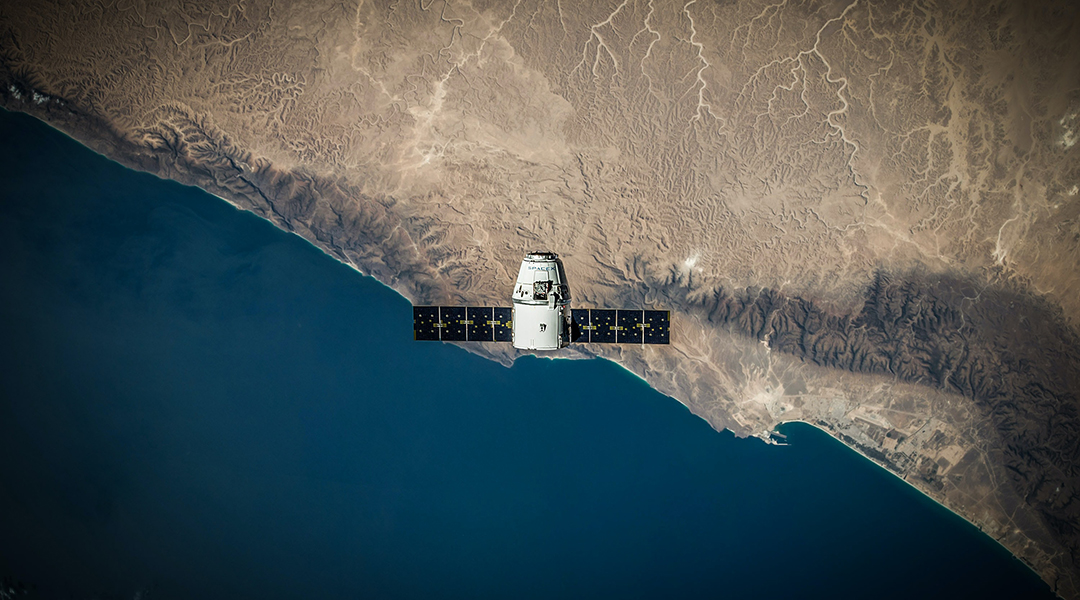
A new constellation of satellites promises to be a “game changer” in monitoring anthropogenic emissions on a global scale.